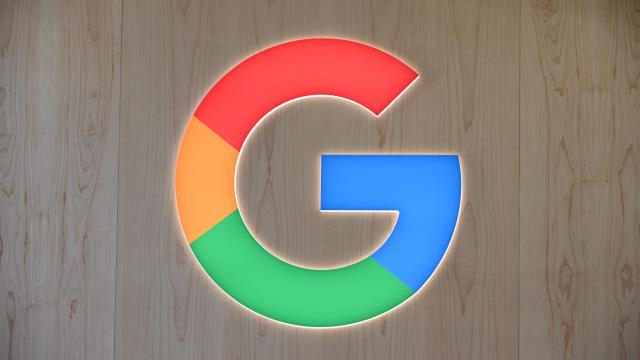For a company that’s staring down three separate antitrust cases from several dozen states and the Department of Justice, Google sure seems pretty comfortable issuing update after update that is nothing less than despotic. The latest example comes courtesy of a Google Docs tweak that on one hand makes the program speedier and smoother, but comes at the cost of an accessible, open internet.
Midas Nouwens, a Denmark-based professor who specialises in finding flaws in data protection laws like Europe’s GDPR, first flagged the Docs update in a Twitter thread Thursday morning. As he pointed out, the actual update looks, well, pretty boring: Over the next few months, Google said it plans to swap out the static HTML backbone currently supporting its Docs product for one that’s built using a code called canvas.
Google says the move is meant to “improve consistency in how content appears across different platforms,” and by all accounts, it should. Compared to its clunky static HTML counterpart, canvas-based Google Docs will be able to render complicated shapes and squiggles with more speed and precision. The update should also make these renders more consistent, meaning those squiggles will look the same for any person on any device.
Of course, these buffs come with a pretty big catch that Google — to its credit — actually alludes to in its blog post. “We don’t expect this change to impact the functionality of the features in Docs,” the company wrote. “However, this may impact some Chrome extensions, where they may no longer work as intended.”
Google’s blog didn’t clarify exactly what “impact” or “some” or “work” mean in this context, but Nouwens’s thread did.
If you’ve ever used an extension like Grammarly or Beeline Reader, then you know how smoothly a Google Chrome extension can interact with a given Doc. The way these programs function is by manipulating what’s known as a Document Object Mode, or DOM, which essentially forms a structured skeleton of a given webpage. By tweaking different parts of that skeleton, these extensions are able to change what you’re seeing in your document, all in real-time.
And as Nouwens pointed out, the DOM not only easy for extensions to access, but really anyone. It literally takes two or three clicks. The fact that these bones are such a breeze to access doesn’t only mean that developers can easily whip up countless extensions to poke at them, but it also gives non-coders the freedom to devise elaborate pranks, bypass paywalls, and do… whatever this is.
This standardisation, accessibility, and openness means that anyone can exercise control over their web experience through code. https://t.co/Yz194Q2lkp is a beautiful example of how creative people get to visually alter their everyday browsing experience 4/7
— Midas Nouwens (@MidasNouwens) May 13, 2021
Swapping out this system for a canvas version means leaving these Doc-tweaking extensions without the roadmap they’ve been relying on to actually do that Doc-tweaking. This could have dire consequences for Chrome extensions because, unlike the DOM, canvas makes the code tweaks inaccessible. “It will unilaterally kill many extensions people use today,” Nouwens wrote.
As a replacement, Google’s blog suggested that affected developers download a series of Google-owned tools that accomplish (most) of the same functions. In other words, Google’s offering developers a sleeker, faster system, but at the price of the little control they have left. (We’ve reached out to Google for comment and will update when we hear back.)
“In the context of the larger power struggle around who gets to determine our everyday digital experiences — hashtag interoperability, digital competition, platform power — this is a concrete example of technical enclosure,” Nouwens wrote. Rather than an open system, he went on, “you now have to use a Google maintained one to negotiate the design of the software. Interoperability and inspectability replaced with centralisation and obfuscation.” In other words, Google just being Google.
